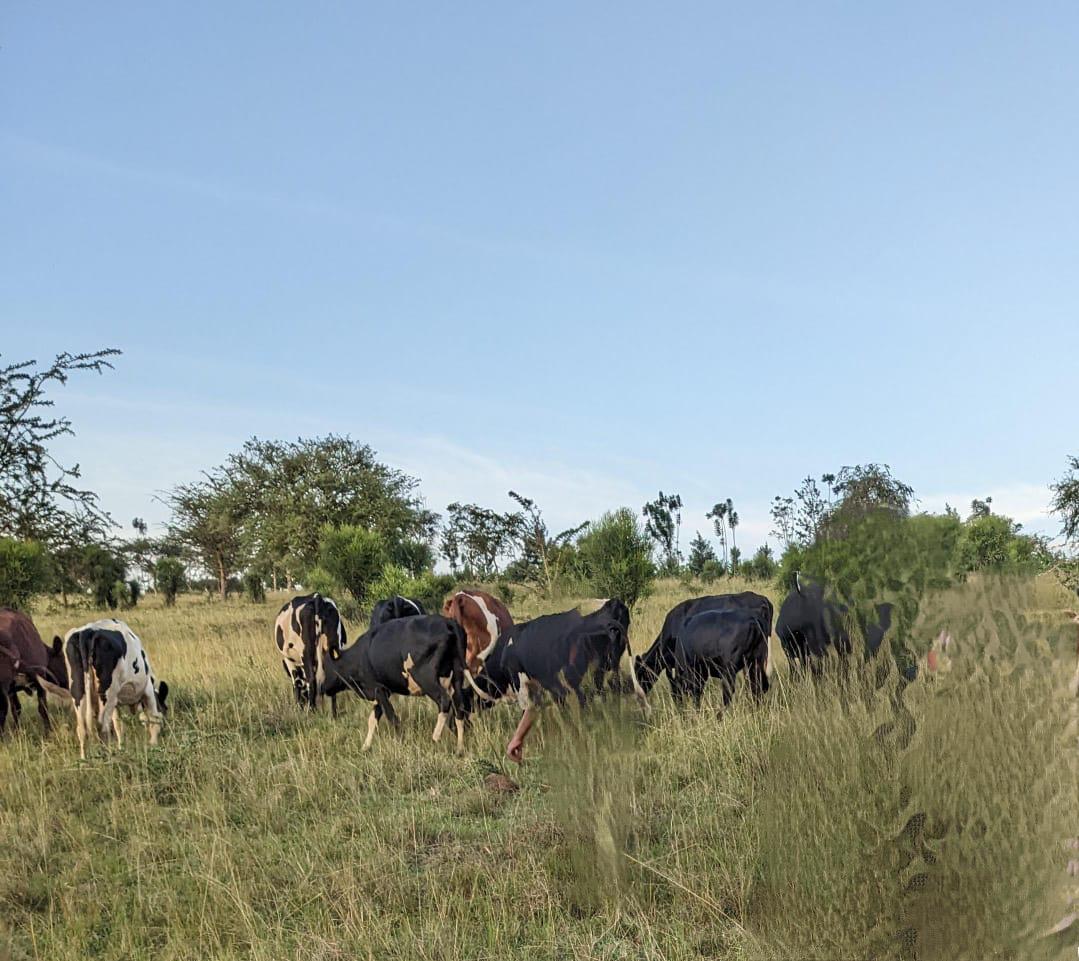Brief
A consulting firm specializing in sustainable energy partnered with Webhaptic Intelligence to assess how clean energy technologies impact food security and daily livelihoods in local communities. The study focused on evaluating energy consumption, farming practices, and economic benefits across six communities in Cabo Verde, The Gambia, and Guinea Bissau.
The Approach
A total of 500 household interviews were conducted to gather insights on:
- Energy expenditures and affordability of clean energy solutions
- Crop productivity (measured in metric tons per hectare)
- Irrigation practices, including daily hours spent by farmers
- Fish preservation techniques and transportation efficiency
- Carbon reduction from adopting clean cookstoves
Data collection was structured to capture variations across gender, income groups, and value chains to ensure a comprehensive understanding of the impact.
The Outcome
The findings informed our clients of strategies to improve energy efficiency, resource management, and food security in the region. By identifying key challenges and opportunities, the study also enhanced the adoption of sustainable energy solutions, improved economic resilience, and supported local communities in achieving long-term environmental and financial benefits.

